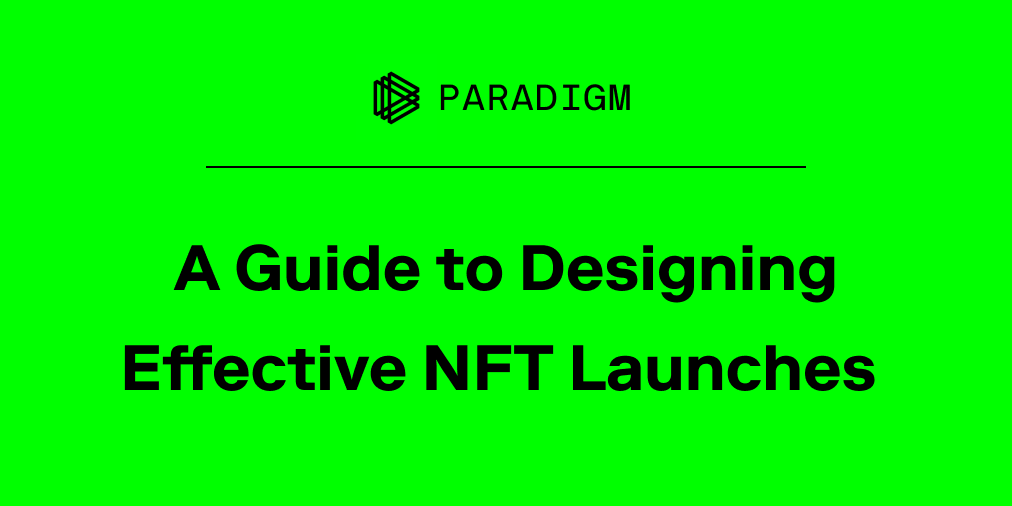
Since co-founding @DeribitInsights in 2019 with @zhusu, we have turned it into one of the premier research outlets in crypto. Exchanges giving back to the community by funding development and research is a special thing that only exists in crypto, and we should be proud of it.❤️
After 1.5 years of writing and another six months as general editor, I am ending this chapter of my crypto life and taking my leave. Deribit Insights is in great hands with the amazing @AviFelman, @benjaminsimon97, @mrjasonchoi, and @SplitCapital.🤝
A lot of important work happens in the background:
Special thanks go to our ops/marketing wizards @tldrFo and @CryptoDutchy as well as former team member @Andras5k!
And ofc the biggest thanks to you for reading and sharing our work!🙏
Special thanks go to our ops/marketing wizards @tldrFo and @CryptoDutchy as well as former team member @Andras5k!
And ofc the biggest thanks to you for reading and sharing our work!🙏
Finally, I want to look back and share my favorite articles for Deribit Insights.🔎
1) A holistic security model for L1 blockchains
insights.deribit.com/market-researc…
1) A holistic security model for L1 blockchains
insights.deribit.com/market-researc…
2) An analysis of algorithmic central banks like @MakerDAO and how they perform monetary policy
insights.deribit.com/market-researc…
insights.deribit.com/market-researc…
3) An adversarial analysis of how Bitcoin could be eclipsed by a custodial banking layer
insights.deribit.com/market-researc…
insights.deribit.com/market-researc…
4) Our widely-read analysis of EIP-1559 with @gakonst back when it was still a far-fetched idea
insights.deribit.com/market-researc…
insights.deribit.com/market-researc…
5) A data-driven analysis of the "real" assurances provided by Bitcoin's social layer
insights.deribit.com/market-researc…
insights.deribit.com/market-researc…
6) Why tokens are protocol-equity and are foundational to the success of the Defi industry
insights.deribit.com/market-researc…
insights.deribit.com/market-researc…
7) An investigative analysis of a presumed double-spend in the Bitcoin network and what had really happened
insights.deribit.com/market-researc…
insights.deribit.com/market-researc…
8) A primer in the basics of leverage with @AviFelman, how to think about it, and when to use it. Very relevant today!
insights.deribit.com/market-researc…
insights.deribit.com/market-researc…
9) A game-theoretic analysis with @gakonst why rational Ethereum miners would accept the activation of EIP-1559 (which, six months later, they did)
insights.deribit.com/market-researc…
insights.deribit.com/market-researc…
• • •
Missing some Tweet in this thread? You can try to
force a refresh





